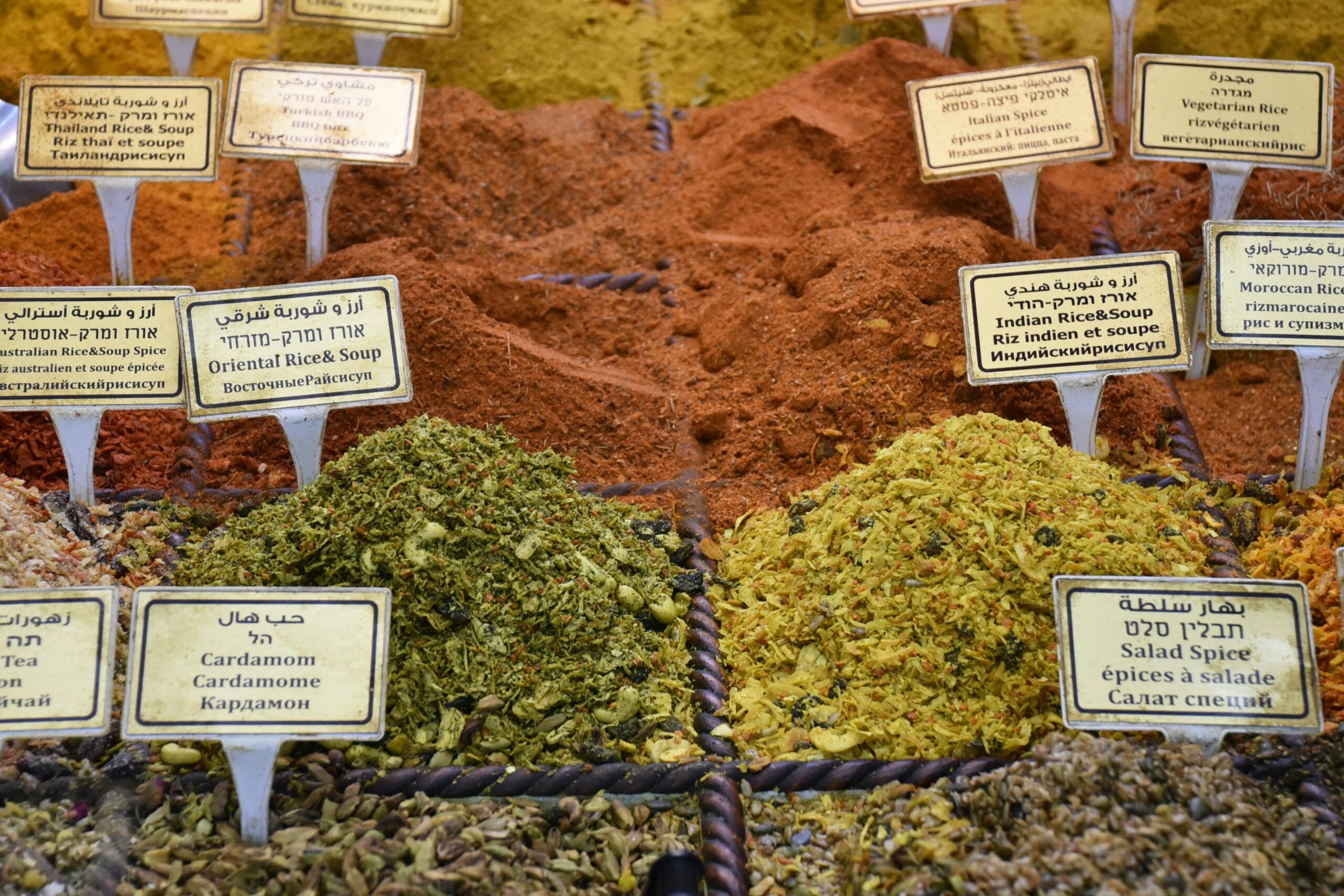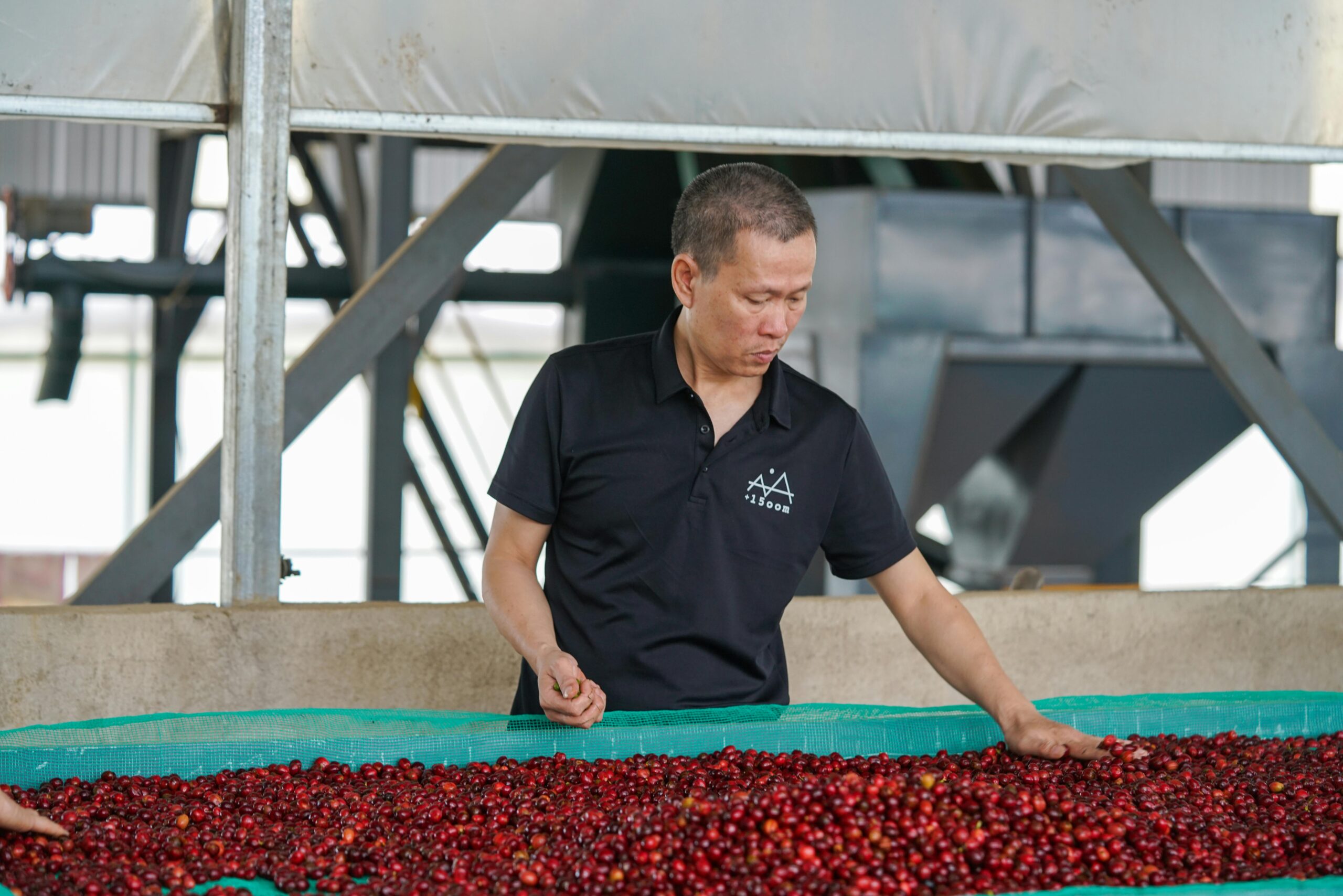Suppose that you are looking for a list of producers of onions from Egypt, go to google, type in english language “onion producers in Egypt”, and see the results. Here is how they look like:
However, if you type the same query, but in a different language, you’ll get completely different results. For example, these are the results we get when searching in French for “producteurs d’oignons en Egypte”.
Moreover, when we search in Arabic, which is the native language of the country of interest, the results are different. These are the results of the same query in Arabic “منتجي البصل في مصر”.
We can go on and on about these variations, but the idea is very clear. If you search for something, you’ll get different results depending on the language you’re searching in. So, there are the main takeaways:
- If you are exporting or importing from some country, make sure to run your searches in English and the language of the country
- You can simply use Google Translate to translate your query into the language of interest
- For perhaps better results, you can use any of the AI tools, such as ChatGPT, to give instructions about translation. For example if you are searching for “bulbs”,
- you may indicate that you are looking for “bulbs” as categories for plants, not “light bulbs”
- When you search with the translated query, maybe you will not be able to understand the search results. However, Google search results can give the option to “translate this page”, so this can be helpful.
- Sometimes it is recommended to run the search as “incognito”, to make sure your previous search patterns and preferences do not affect the results that you get.
For your own information and trade education, it may be interesting to see what kind of results appear more in each language search. For example, when searching for the onion producers example above, you’ll find that in English many of the results are actual websites for larger producers of onions. However, in Arabic, you can find smaller producers on Facebook pages, and websites for entities supporting exports. In French, you’ll find many of the results are articles about onion production. Therefore, these patterns can guide you in different directions. Hence it is always a good idea to try searching in multiple languages.


